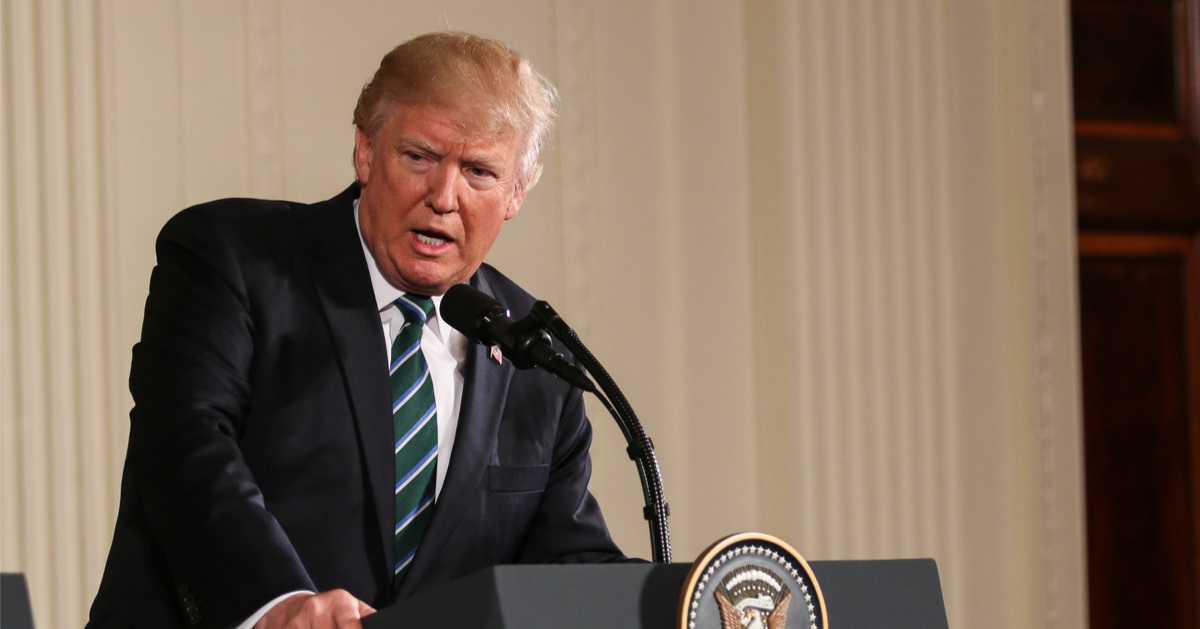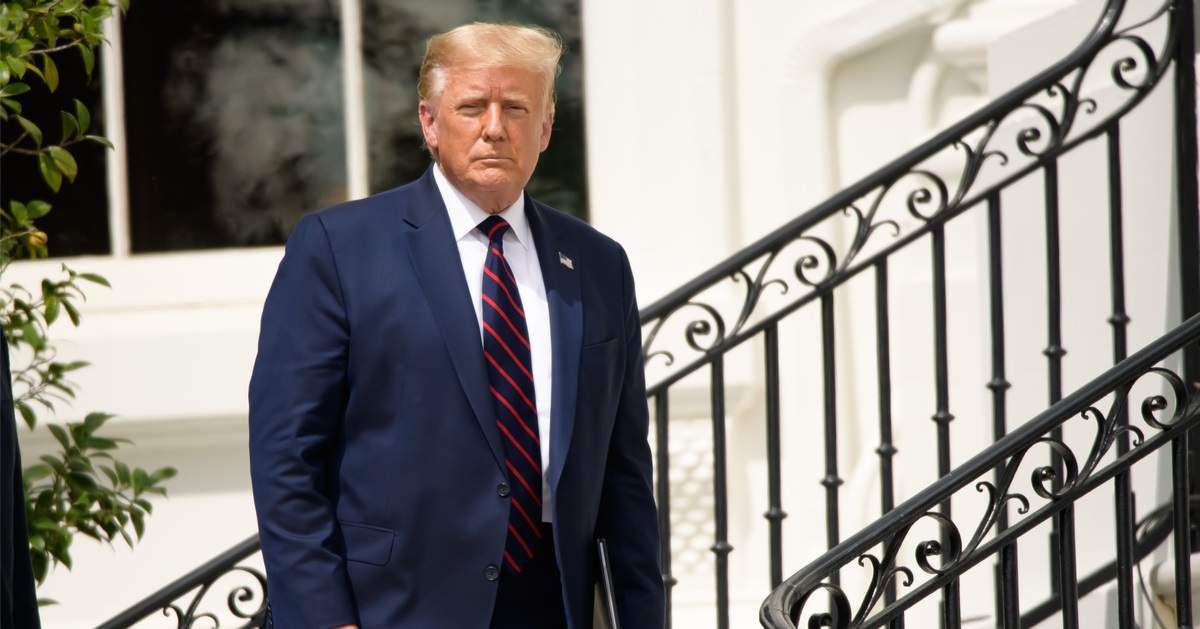Trump signs bills to end California's electric vehicle mandate
California Democrat Gov. Gavin Newsom, with the dubious approval of former President Joe Biden's Environmental Protection Agency, sought to effectively ban the sale of new gas-powered cars and trucks in the state by 2035 -- a move that more than a dozen other states would follow and would impact the entire country.
On Thursday, President Donald Trump signed three resolutions passed by Congress to revoke the Biden-era EPA's approval of California's electric vehicles-only mandate, Breitbart reported.
Newsom and those who support the EV mandate were furious, of course, but the move by Trump and congressional Republicans was lauded by automakers, truckers, and the oil and gas industry.
Trump, Congress end EV mandate
In a White House event on Thursday, Trump signed into law three measures passed by Congress that targeted and reversed waivers issued by former President Joe Biden's EPA that allowed California to exceed federal standards regarding engine emissions and pollution levels.
"We officially rescue the U.S. auto industry from destruction by terminating the California electric vehicle mandate once and for all," Trump said before signing the resolutions, per Breitbart. "They’d pass these crazy rules in California, and … 17 states would go by ’em, and the automakers didn’t know what to do, because they’re really building cars for two countries."
According to Fox News, Trump explained, "Under the previous administration, the federal government gave left-wing radicals in California dictatorial powers to control the future of the entire car industry all over the country, all over the world, actually."
"They approved Governor Gavin 'Newscum's' ridiculous plan to impose a 100% ban on all new gas-powered cars within a very short period of time," he continued. "Think of this, you can't buy any other car except an electric-powered car, and in California, they have blackouts and brownouts. They don't have enough electricity right now."
Fox News reported that Newsom reacted with fury at Trump's and Congress' move, which he decried as a continuation of Trump's supposed "all-out assault on California," and vowed to file lawsuits to block the new laws from taking effect.
Congress and the Trump administration anticipated that, however, and Trump told reporters at the signing event, "They can't take us to court," as the bills were resolutions passed under the Congressional Review Act and not mere executive orders, and further explained, "They can't do any of the things they can do with the executive orders, and it's permanent. I'll sign three pieces of legislation that will kill the California mandates forever, and they're never coming back."
Truckers, automakers, energy producers weigh in
Yet, while Newsom and other climate change fanatics were outraged by Thursday's bill signings, most everybody else who would have been negatively impacted by California's heightened emissions standards and EV mandate were thrilled with the development.
"Today, common sense prevailed," American Trucking Association President and CEO Chris Spear said. "We thank President Trump, EPA Administrator Zeldin, and congressional leadership for taking decisive action to end crippling, detached-from-reality rulemakings that would have imposed devastating economic consequences on American businesses and families."
"This is not the United States of California," Spear added. "With the stroke of his pen, President Trump is restoring the certainty that the trucking industry needs to deliver for our nation as we continue to reduce our environmental impact."
Per Fox News, American Petroleum Institute President and CEO Mike Sommers said the bill signings were a "major victory" for U.S. consumers, manufacturers, and energy producers, and thanked Trump and Congress for "delivering on their promise to put an end to these extreme mandates and ensure every American can choose the vehicle that’s best for them."
Even General Motors issued a statement of appreciation for what occurred, and said, "We have long advocated for one national standard that will allow us to stay competitive, continue to invest in U.S. innovation, and offer customer choice across the broadest lineup of gas-powered and electric vehicles."




